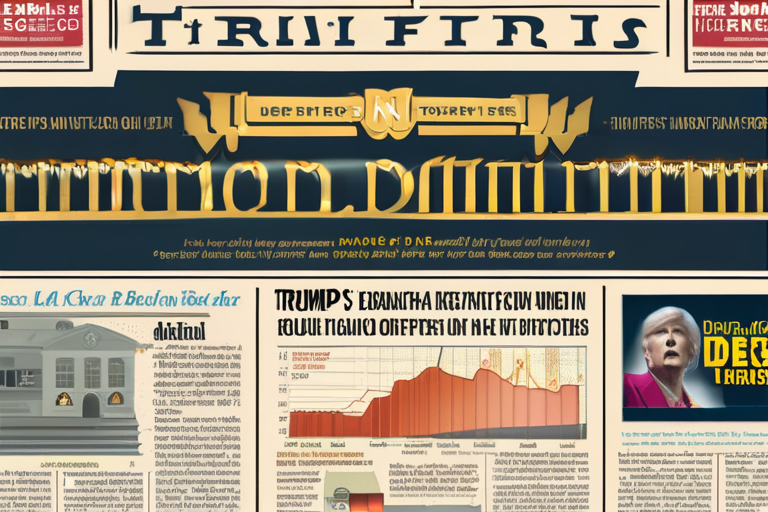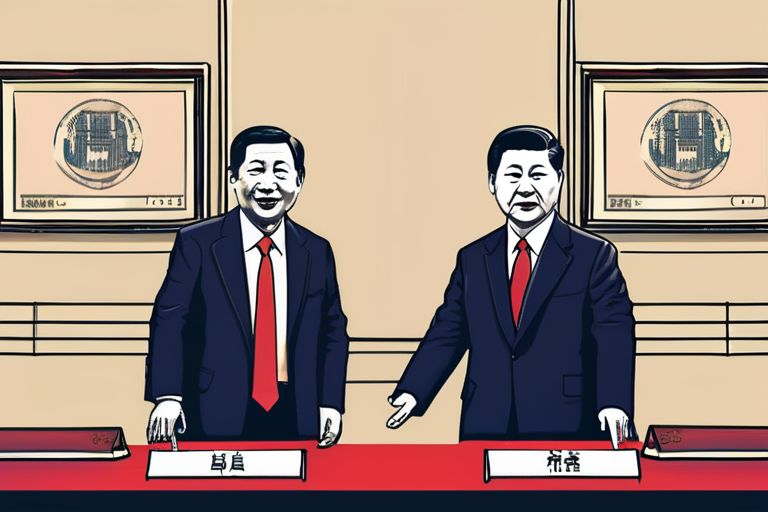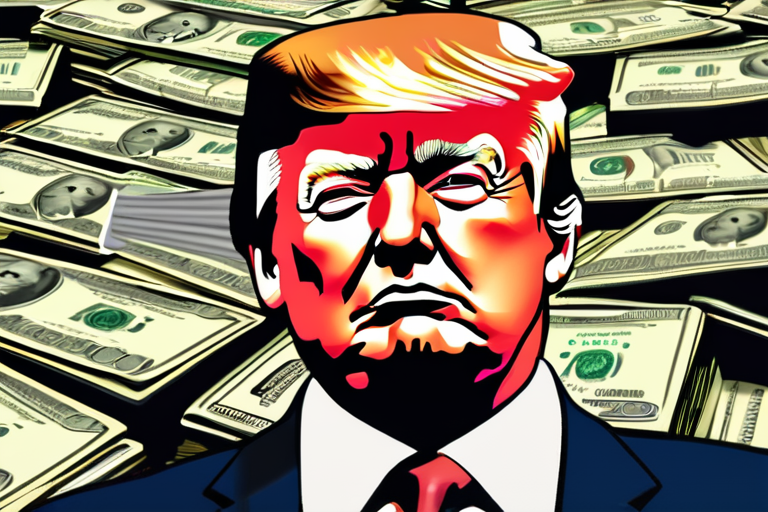Gold prices plummeted below $4,000 an ounce on Monday after China announced the end of a long-standing tax rebate for some retailers, a move that could significantly impact demand in one of the world's largest precious-metals markets. The decision, made public on Saturday, will no longer allow retailers to offset a value-added tax when selling gold they purchased from the Shanghai Gold Exchange and Shanghai Futures Exchange, whether sold directly or after processing.
The price of gold fell as much as 1% in Asia on Monday, with the precious metal trading at $3,995.50 an ounce. This decline marks a significant reversal from the record high of $4,200 an ounce reached in early October, fueled by a buying frenzy among retail investors worldwide.
The tax rebate, which had been in place for several years, allowed retailers to offset a portion of the value-added tax when selling gold to consumers. This incentive had contributed to a surge in demand for gold in China, which has become one of the largest precious-metals markets in the world. The removal of this tax rebate is expected to reduce demand for gold in the country, potentially leading to a decline in prices.
The Shanghai Gold Exchange and Shanghai Futures Exchange are two of the largest gold trading platforms in China, accounting for a significant portion of the country's gold market. The decision to end the tax rebate is likely to have a ripple effect on the global gold market, as China's demand for gold has a significant impact on prices.
The gold market has been experiencing a buying frenzy in recent months, driven by concerns over inflation, currency devaluation, and economic uncertainty. Retail investors, in particular, have been flocking to gold as a safe-haven asset, driving prices to record highs. However, the end of the tax rebate in China could be a turning point in the market, potentially leading to a decline in prices.
The implications of this decision are far-reaching, not only for the gold market but also for the broader economy. Gold has long been seen as a safe-haven asset, and a decline in prices could have a negative impact on investor sentiment. Furthermore, the removal of the tax rebate could lead to a reduction in demand for gold in China, potentially affecting the country's economic growth.
In the coming weeks and months, investors will be closely watching the gold market to see how prices react to the end of the tax rebate in China. The decision could have a significant impact on the global gold market, and its implications will be closely watched by investors, analysts, and policymakers alike.
As the gold market continues to evolve, one thing is clear: the removal of the tax rebate in China is a significant development that could have far-reaching consequences for the precious-metals market. The impact of this decision will be closely watched by investors and analysts, and its implications will be felt for months to come.


























Share & Engage Share
Share this article